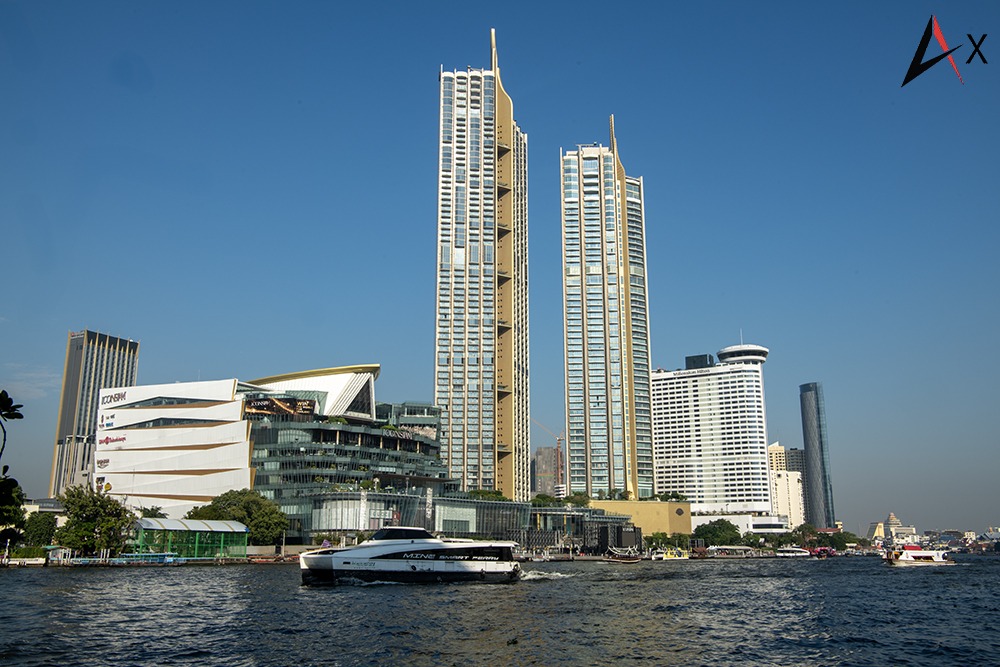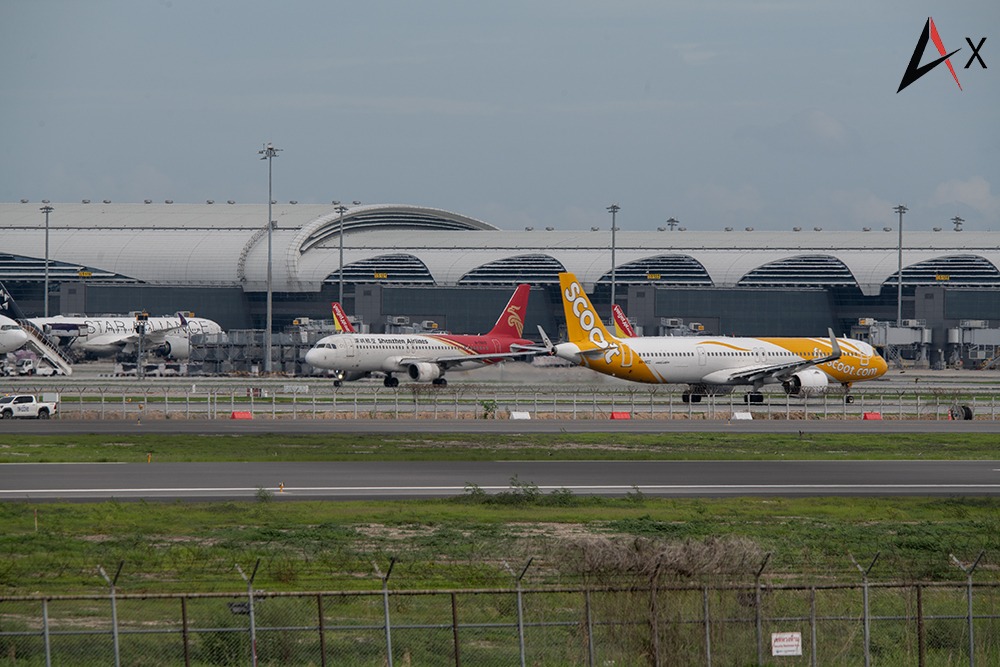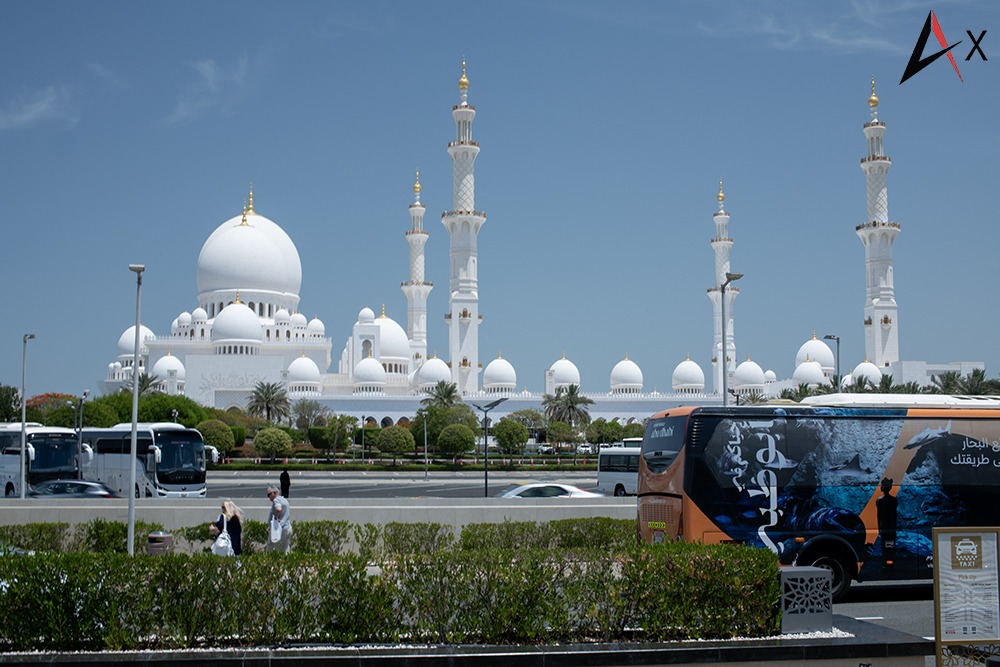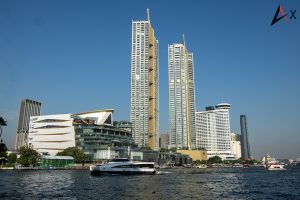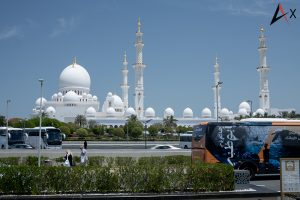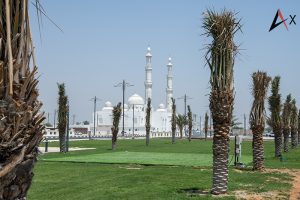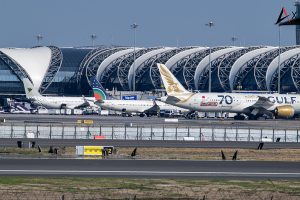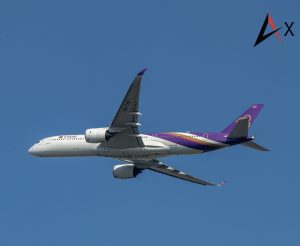The Thailand Tourism Forum 2025, which took place in May in Bangkok, marked a pivotal moment in the country’s tourism evolution. Organized by the Ministry of Tourism and Sports in partnership with UN Tourism and a diverse coalition of public and private entities, the forum aimed to tackle global tourism trends and enhance Thailand’s position in the dynamic global tourism arena. Under the theme “Navigating Global Tourism Trends: Strengthening Thailand’s Tourism Industry,” the event attracted over 500 participants both in-person and virtually, reflecting the nation’s dedication to advancing sustainable tourism.
The forum gathered a distinguished lineup of stakeholders, including senior government officials, business leaders, and international representatives. Key attendees included Mr. Sorawong Thienthong, the Minister of Tourism and Sports, and Ms. Thapanee Kiatphaibool, Governor of the Tourism Authority of Thailand. Also present were Mr. Harry Hwang, UN Tourism’s Director for the Asia and Pacific region, and Ms. Sandra Carvao, Director of Market Intelligence at UN Tourism, who provided valuable insights into the future of tourism and reinforced Thailand’s role in global discussions.
A Forward-Looking Approach to Sustainable Tourism
The forum’s primary goal was to craft a pioneering vision for Thailand’s tourism sector, one that would navigate current challenges while seizing future opportunities. This vision is firmly rooted in sustainability, resilience, and inclusivity, ensuring Thailand remains a competitive and appealing destination for travelers worldwide.
Introducing the Five-Pronged Strategy for Tourism
Central to the forum’s discussions was the unveiling of Thailand’s comprehensive five-pronged strategy aimed at fostering the country’s tourism sector in the years ahead. This strategy is designed to align with global tourism trends and emphasizes innovation and adaptability in an ever-evolving landscape. The five key components include:
- From Volume to Value: Thailand aims to attract high-spending travelers by shifting focus from merely increasing visitor numbers to enhancing the economic contribution of each tourist. This approach prioritizes quality over quantity.
- Distributing Tourism Income to Secondary Cities: To combat the overcrowding in major tourist spots and to promote equitable benefit distribution, Thailand will invest in developing secondary cities through community-based tourism.
- Merging Soft Power with the Digital Economy: Thailand’s strategy incorporates the country’s rich cultural heritage with digital innovation, boosting its online presence and creating platforms that celebrate local culture.
- Exploring New Source Markets: To mitigate risks associated with reliance on a few markets, Thailand will expand its outreach to emerging tourism markets.
- Enhancing Crisis Preparedness: With the potential for natural disasters and pandemics, Thailand will strengthen its crisis management systems to ensure tourism sector resilience.
The Transformational Power of Artificial Intelligence
A highlight of the forum was the panel discussion titled “Shaping the Future of Tourism Platforms and the Road to 2030,” which focused on the transformative role of artificial intelligence (AI) in the tourism sector. AI is becoming vital for enhancing travel experiences—from personalized travel recommendations to improved customer service.
In Thailand, the integration of AI into digital platforms is expected to streamline booking processes, enhance transport systems, and improve guest experiences in hotels and attractions. Moreover, AI tools will aid tourism authorities in predicting visitor behaviors and refining marketing strategies, making Thailand’s tourism approach more dynamic and responsive.
Commitment to Sustainable Tourism Practices
Minister Sorawong Thienthong underscored the forum’s focus on sustainable tourism, stressing the need for Thailand’s policies to align with global sustainability trends. An exemplary initiative discussed was Borsuak Village in Nan Province, recognized by UN Tourism as one of the Best Tourism Villages for 2024. This community showcases how tourism can foster sustainable practices while preserving local culture and the environment.
Expanding Opportunities in the Travel Sector
The five-pronged strategy not only offers a vision for Thailand’s tourism future but also presents exciting opportunities for travel industry stakeholders. With a focus on high-spending travelers, luxury and niche tourism sectors can thrive. The emphasis on community-based tourism also opens up markets for local tour operators and businesses.
Digital integration will further foster innovation, allowing services like online booking platforms and AI-powered concierge services to cater to the tech-savvy traveler.
Global Impacts and Opportunities for Travelers
Thailand’s commitment to a sustainable tourism model is likely to have ripple effects globally, influencing other nations to adopt similar strategies that address modern travelers’ needs. For tourists, this shift means enhanced access to engaging travel experiences that foster connections with local communities and support sustainable practices.
As Thailand diversifies its source markets, it is expected to become an increasingly accessible destination, inviting travelers from a broader range of countries.
A Vision for the Future of Thai Tourism
The Thailand Tourism Forum 2025 sets the stage for a bold and innovative tourism industry vision. By focusing on sustainability and inclusivity, Thailand positions itself as a leader in global tourism, ready to tackle future challenges and seize opportunities. The outlined strategy not only seeks to drive profitability but also
